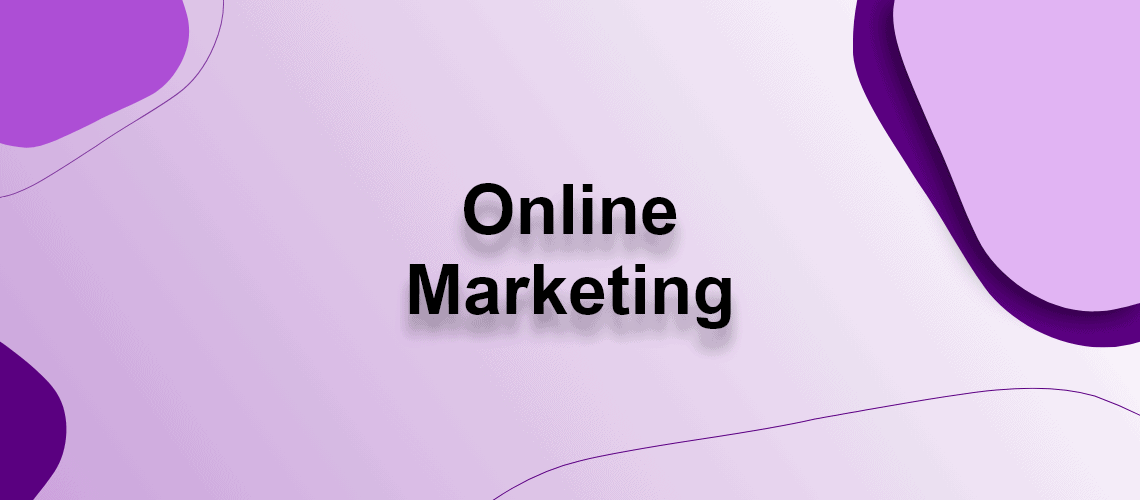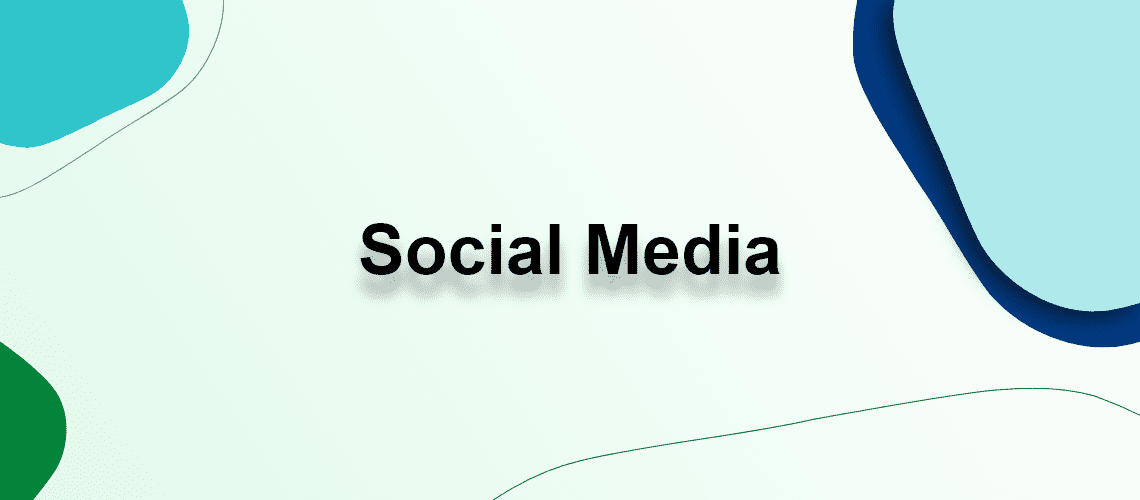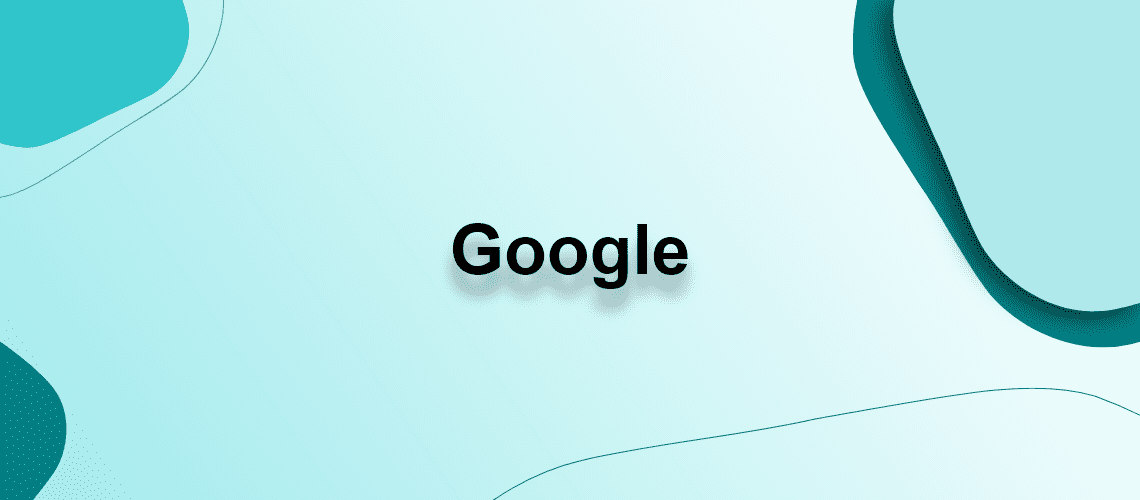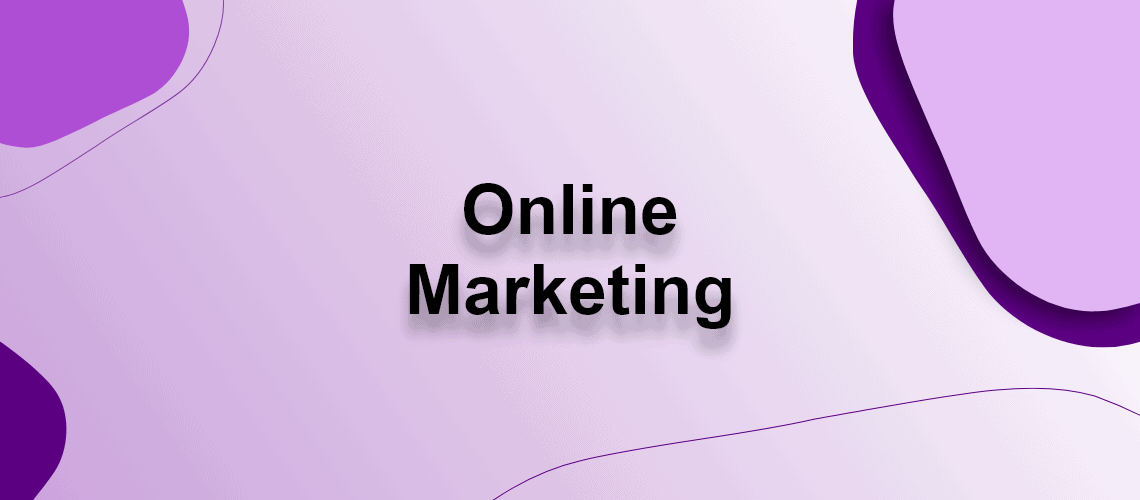In an interview, psychotherapist and author Nora Dietrich warns against dismissing work-life balance as an empty buzzword. In her view, the concept is essential for mental health – especially in a working world that is increasingly characterised by excessive demands and a shortage of skilled workers.
Myth 1️⃣: Working less means achieving less
In his speech, Friedrich Merz criticised the four-day week and the pursuit of a work-life balance. Dietrich counters: “It’s not about working less, but working more meaningfully. Productivity is not falling because too little work is being done, but because work is often organised inefficiently – for example due to a lack of structures, unpaid overtime and the incorrect evaluation of performance.
Myth 2️⃣: Work and life can be clearly separated
According to Dietrich, there is no strict opposition between work and life, but rather a “work-life cycle”. Private life and work influence each other. If you come home from work stressed out, you take it home with you – and vice versa. The goal should therefore be a balance in which both sides are given space.
Myth 3️⃣: Passion protects against burnout
Passion at work is not healthy per se. Dietrich distinguishes between harmonious and obsessive passion. The latter arises when people identify completely with their work and only define themselves in terms of performance. This can lead to a state that she calls “burn-out” – on the outside you are still functioning, but on the inside you are exhausted. Harmonious passion, on the other hand, allows commitment with a healthy distance. What to do if your environment doesn’t go along with you?
Dietrich emphasises that mental health is not a “do-it-yourself project”. Organisations must take responsibility. However, many companies fall back into old patterns and promote an over-demanding performance culture. Employees should ask themselves whether overwork is an exception or the new norm. If the latter becomes the rule, Dietrich advises open feedback – and, in case of doubt, clear consequences, such as a job change.
👉Conclusion: If you work against your own resources in the long term, sooner or later you will pay with your health. That’s why it’s important to regularly ask yourself: “Is my work serving me – or am I just serving it?”




